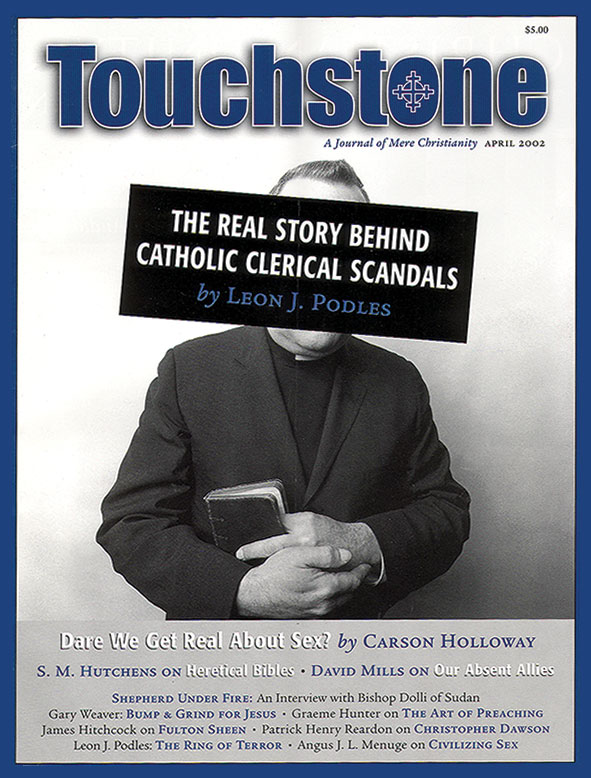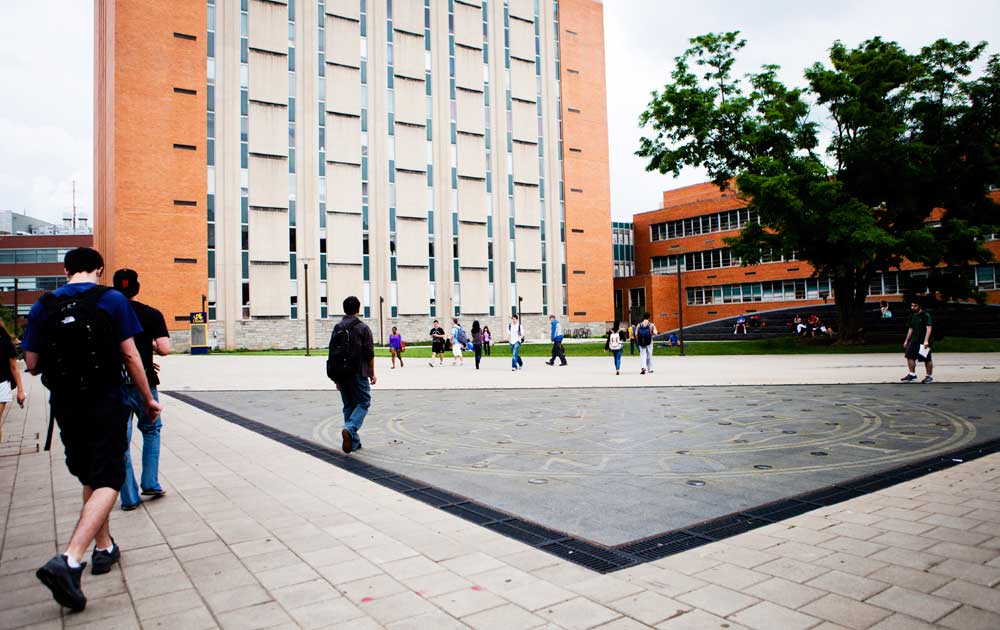The Silence of Zachary
The Angel Gabriel, at the beginning of the Gospel according to St. Luke, is sent to make two announcements—the first to the priest Zachary in Jerusalem, and the other to the Virgin Mary in Nazareth, both of whom are told that they will soon become the parents of children miraculously conceived. Now, among the several points of resemblance between these two stories is the detail that both Zachary and Mary, upon receiving this message, requested some sort of explanation from Gabriel.
It is at this point that the two accounts go in quite different directions. To Mary’s request Gabriel gives an adequate and very reassuring response, whereas Zachary’s request is not only denied, but he is punished for even asking it!
The difference between the two cases is not hard to discern. Mary’s question—“How can this be, since I do not know a man?”—is actually a request for further instruction. Since she is a virgin, and Gabriel is telling her she is about to become a mother, Mary really does need more information. Her question to Gabriel means something like, “Tell me what I am supposed to do.” There is no arrogance here, nor doubt. On the contrary, Mary’s attitude is summed up in her final words to Gabriel: “Behold, the handmaid of the Lord, be it done unto me according to your word.”
Such is clearly not the case with Zachary. His question is not a request for further instruction but for an explanation: “How shall I know this? For I am an old man, and my wife is well advanced in years.” To ask “how shall I know?” does not convey a spirit of faith and obedience, but a spirit of skepticism. Indeed, “how shall I know?” is entirely an epistemological question. Even as he offers incense in God’s house, Zachary is a cultivated doubter.
The gravity of Zachary’s doubt is rendered more obvious if we consider it in contrast to Abraham’s response to an identical promise. Both married to women beyond childbearing years, Abraham and Zachary were each told that his wife would bear him a son. These sons would be “children of promise,” conceived by God’s special intervention. Zachary very well knew the story of Abraham, but still he insisted, “How shall I know this?”
In punishment for such arrogance, Zachary is struck speechless for the next nine months and eight days, thus given an opportunity to ponder the serious nature of his offense. He must repent. If he is to become a fit father for John the Baptist, than whom “there is no one greater among those born of women,” Zachary has much to learn about the ways of God.
Until he repents, the doubting Zachary strikes one as the “thoroughly modern man,” far less concerned with what he knows than with how he can know it. Burdened with an excessive, even morbid preoccupation with the psychology of knowledge, modern man no longer seems sure of knowing anything at all. In this respect, Zachary bears some resemblance to Descartes, the philosopher chiefly responsible for introducing the intentional, systematic cultivation of doubt as the basis of the philosophical pursuit. Doubting everything possible to doubt, Descartes concluded that he knew for certain only that he was thinking, and from his thinking he went on to demonstrate (but only to himself!) his existence. He arrived, that is, at the Self, the first single reality not subject to doubt.
In the nearly four centuries since Descartes began this reductionist path, we have been living in what is called the modern world, where the question “how shall I know?” receives answers progressively smaller, age after age. Once modern man accepted sustained, systematic doubt as the proper philosophical procedure, there could be no end to the business, because everything can be doubted. The very Self, which Descartes had thought to prove by his thinking, was soon put in doubt by the thinking of Hume, and eventually Nietzsche would suggest that the Self might be only a product of thought. And so it goes to this day. A snake that began by swallowing its tail is currently munching on its brain.
In this respect the silence imposed on Zachary may serve as a parabolic warning to modern man, because the relentlessly doubting mind must finish by asserting nothing at all. Zachary may start as a Cartesian, but Gabriel reduces him to a Deconstructionist. Indeed so, for the doubt that begins by destroying faith must end by destroying reason.
Patrick Henry Reardon is pastor emeritus of All Saints Antiochian Orthodox Church in Chicago, Illinois, and the author of numerous books, including, most recently, Out of Step with God: Orthodox Christian Reflections on the Book of Numbers (Ancient Faith Publishing, 2019).
subscription options
Order
Print/Online Subscription

Get six issues (one year) of Touchstone PLUS full online access including pdf downloads for only $39.95. That's only $3.34 per month!
Order
Online Only
Subscription

Get a one-year full-access subscription to the Touchstone online archives for only $19.95. That's only $1.66 per month!
bulk subscriptions
Order Touchstone subscriptions in bulk and save $10 per sub! Each subscription includes 6 issues of Touchstone plus full online access to touchstonemag.com—including archives, videos, and pdf downloads of recent issues for only $29.95 each! Great for churches or study groups.
Transactions will be processed on a secure server.
more from the online archives
calling all readers
Please Donate
"There are magazines worth reading but few worth saving . . . Touchstone is just such a magazine."
—Alice von Hildebrand
"Here we do not concede one square millimeter of territory to falsehood, folly, contemporary sentimentality, or fashion. We speak the truth, and let God be our judge. . . . Touchstone is the one committedly Christian conservative journal."
—Anthony Esolen, Touchstone senior editor










